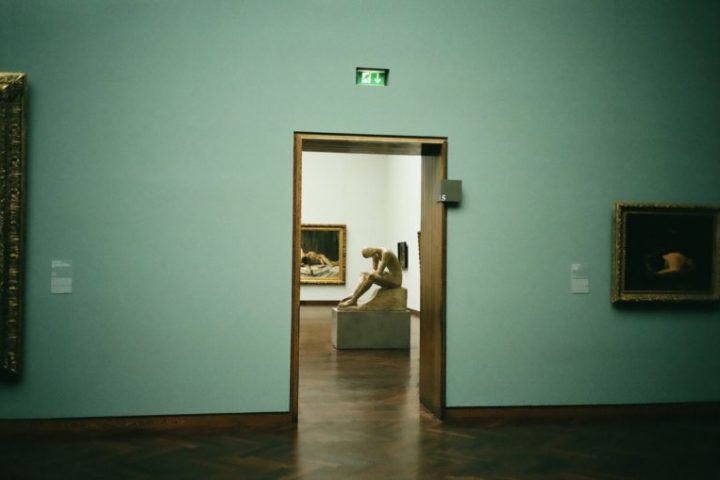ICOM is preparing an issue of Museum International entitled ‘Empty Museums’ (Vol. 73, Nº 291 – 292). All proposals submitted will be assessed for suitability and if chosen, the subsequent articles will go through a double-blind peer review process. The issue is expected to be published, in collaboration with Taylor&Francis/Routledge, in December 2021.
Empty Museums
For the next issue of Museum International we are inviting authors to send in proposals that reflect on the variety of challenges brought about by the latest crisis to impact the museum field: the Covid-19 pandemic, and its social, economic and political fallout.
While museums are no strangers to crises, the unexpected onset of Covid-19 has united institutions all over the world in their struggle for survival and relevance. Many museums have been left without their visitors, volunteers, freelancers, projected funding – they have become empty museums.
Digital activity — formerly an optional add-on — is now the norm, and while this can be perceived as a victory for the accessibility of collections, not all institutions are equipped to make the transition, nor do all citizens have equal access to museums’ fast-evolving online activities.
Indeed, for museums in countries that have faced devastating natural or man-made disasters and financial crises severe enough to cause closure, has the pandemic simply shone a long overdue light on their ongoing struggles?
How have museum closures impacted visitors, including those who find refuge in the museum’s physical space; professionals, who are faced with the additional challenge of reinventing their work methods; and school and university curricula, which rely on museums for important learning and research opportunities? Are they finding online alternatives adequate, or will a return to the bricks-and-mortar museum be welcomed?
This issue will examine these and other challenges that the unprecedented Covid-19 crisis has brought to the forefront. Can museums find opportunity in crisis or will the future be one of empty museums?
We welcome contributions that address the following non-exhaustive list of topics:
- Covid-19: new crisis, old crisis?
- Inequality in crisis;
- Impact of museum closures on visitors/local communities;
- Management in the face of unexpected crises;
- Online activity and the future of the bricks-and-mortar museum;
- New governance, operational and financial models;
- Evolving and new professional roles; new employment and working conditions.
Submission process
Abstracts of between 250 and 300 words, written in English, French or Spanish, should be submitted for selection to publications@icom.museum
Contributions will be on a voluntary basis.
The following information should be included with the abstract:
- Title of submitted paper
- Name(s) of author(s)
- Professional background
The abstract submission deadline is 23 April 2021.
The abstracts received will be examined on a blind review basis by a panel of experts on the topic.
Museum International is currently published in English and Chinese only. However, proposals in the other two official languages of ICOM (French and Spanish) will also be considered. If your abstract is selected, we will send you guidelines for your full article, which you will be given approximately two months to complete. You may also submit your full article in either English, French or Spanish.
Abstract structure for Museum International articles:
An abstract is a summary of the journal manuscript.
It should be no longer than 250-300 words, and provide a succinct overview of the article.
The abstract should read as a standalone document.
Abstracts sent to Museum International should include the following sections:
1/Introduction: describes the overall topic dealt with in the article and provides background to the study.
2/Research question(s)/Critical issue(s): explains the key research question or critical issue, by stating the problem addressed. It should also highlight the gap in existing research on the topic.
3/Innovation: explains the approach to the research question/issue, and the new perspective adopted.
4/Methodology: explains how the research was carried out (e.g. case studies, interviews, etc.) or the means used to address the critical issue.
5/Conclusion: outlines the impact of the research or the outcome of addressing the critical issue, and why the findings/outcomes are important.
6/Selected references: a selection of the references that will be cited in the article.
